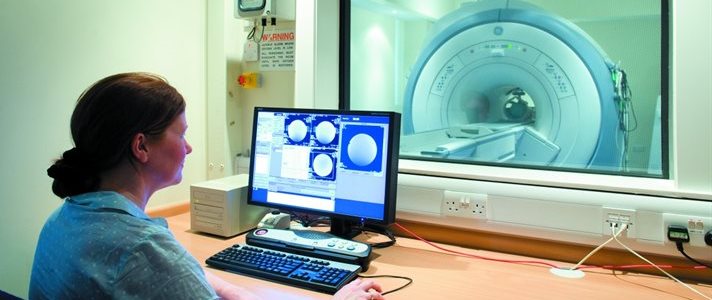
The AVERT study - Spinal Medial Branch Nerve Root Block Intervention compared to Standard Care-Vertebroplasty for the Treatment of Painful Osteoporotic Vertebral Fractures in Hospitalised Older Patients: A Feasibility Study.
This projet aims to undertake a preliminary study to help design a future trial to evaluate the benefits and cost savings of spine nerve block treatment compared to routine key-hole spine surgery.
Duration: April 2021 to October 2022
Funder: NIHR
Partners:
Nottingham University Hospitals NHS Trust
Nottingham Osteoporosis support group
CHILL investigators:
Dr Simon Bishop
Research summary
Background:
Osteoporosis is a chronic disease, leading to weak bones which commonly results in crush fractures of the spine. These fractures are painful and may require admission to hospital, particularly frail, older people. In hospital, most of these patients are managed with strong morphine based analgesia and physiotherapy, however in a significant proportion, their symptoms are so severe that they require surgery. Routine surgery involves injecting bone cement directly into the spine fracture, using keyhole surgery- vertebroplasty. In Nottingham alone, 81 of these procedures were undertaken last year. However, although 'vertebroplasty' is effective in reducing pain, this procedure requires an operation, may cause complications such a spinal cord injury and clots to the lung (bone cement leakage), increases the risk of adjacent level crush fractures (due to abnormal weight loading of the cement) and from a financial point of view, these procedures are expensive (£4,500 per case). More recently, the use of strong nerve blocks around the crush fracture have been shown to be equally 'as effective' in reducing pain, do not require an operation and are only one tenth the cost of spinal surgery. But whether the analgesic effects are sustained and the potential cost saving requires further evaluation.
Design and methods:
Hospitalised older patients awaiting vertebroplasty spine surgery, will be randomly offered (that is by chance) to continue with their routine surgery (as planned) or undergo spinal nerve block analgesia treatment. We will determine -the number of patients able to take part and reasons for those not taking part; -if patients adhere to the randomisation or whether those patients allocated to spinal nerve block treatment ultimately require 'vertebroplasty' (the rate of crossover); -how easy it is to collect patient data and reasons for non-completion; We will also collect important measurements (over 8 weeks) to establish how big and practical a definitive trial will need to be. We will undertake a measure of mobility and disability (the Roland Morris Scale), together with a measure of pain rating, type of pain medication taken, quality of life, activities of daily living, interaction with health services and NHS costs. In addition, we will undertake one to one private interviews with participants and clinicians to explore their experiences.
Patient and Public Involvement:
We have worked closely with the Nottingham Osteoporosis support group (250 patient membership), who have informed and influenced the research idea, study design and outcomes. They will be further involved with the study throughout and we have included our lead PPI representative as one of the co-applicants.



